Future science prize is the first privately funded science prize established by Future Forum, a non-profit organization in Mainland China in 2016, with three award categories including life science, physical science, and mathematics and computer science, to recognize scientific breakthroughs in Mainland China (mainland), Hong Kong, Macao, and Taiwan that have made significant impacts in the world and stood the test of time.
The Future Science Prize Week this year will be a 4-day online event. Its initial broadcasting times are during December 27-30, 2020. As the pandemic caused by coronavirus posts a challenge in the world this year and reminds us the value of science for the survival and wellbeing of the human race, the program committee of the event uses “Science Lighting Up The World”as its theme to emphasize the importance of science for the humanity and to celebrate the science advances in the world and inspire the next-generation scientists. This event includes an opening ceremony, lectures by the laureates of this year’s Future Science Prize, a forum on Virus and Human Health, a forum on Women Scientists, a forum on the relationship among Education, Research and Innovation, and discussions with young scientists about scientific discoveries, innovations and scientific and technological social responsibilities, and Future Science Prize Award Ceremony.
2020 is the fifth anniversary of the future science prize. We hope to celebrate this special year with everyone to promote science, and to transform the future with science. Let scientific spirit bring positive impact on China, the world, and the next generation.
|
Jason Cong
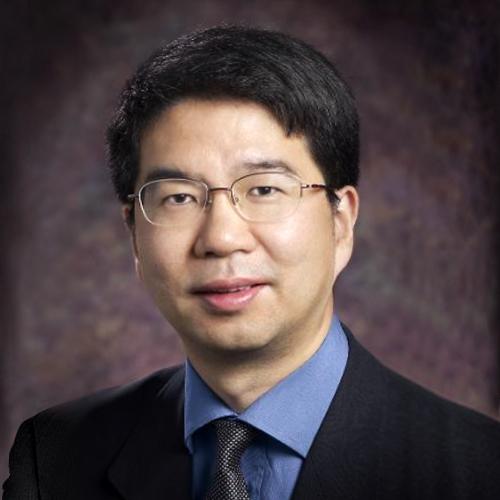 Jason Cong
Chancellor's Professor at the Computer Science Department of University of California; Academician, Association for Computing Machinery; Fellow, Institute of Electrical and Electronics Engineers
Jason Cong received his B.S. degree in computer science from Peking University in 1985, his M.S. and Ph. D. degrees in computer science from the University of Illinois at Urbana-Champaign in 1987 and 1990, respectively. Currently, he is a Chancellor’s Professor at the Computer Science Department of University of California, Los Angeles, the Director of Center for Domain-Specific Computing, and the director of VLSI Architecture, Synthesis, and Technology (VAST) Laboratory. He served as the chair of the UCLA Computer Science Department from 2005 to 2008, and is currently serving as an Associate Vice Provost for Internationalization and the co-director of PKU/UCLA Joint Research Institute in Science and Engineering since 2009. He is also a distinguished visiting professor at Peking University and the director of PKU Center for Energy-Efficient Computing and Applications (CECA). Dr. Cong’s research interests include electronic design automation and energy-efficient computing. He was elected to an IEEE Fellow in 2000, and ACM Fellow in 2008. He received the 2011 ACM/IEEE A. Richard Newton Technical Impact Award in Electric Design Automation “for pioneering work on technology mapping for FPGA that has made significant impact to the FPGA research community and industry”. He received the 2010 IEEE Circuits and System (CAS) Society Technical Achievement Award and the 2016 IEEE Computer Society Technical Achievement Award. He is the only one who received a Technical Achievement Award from both the IEEE CAS Society and the Computer Society. |
Chancellor's Professor at the Computer Science Department of University of California; Academician, Association for Computing Machinery; Fellow, Institute of Electrical and Electronics Engineers |
|
Hong DING
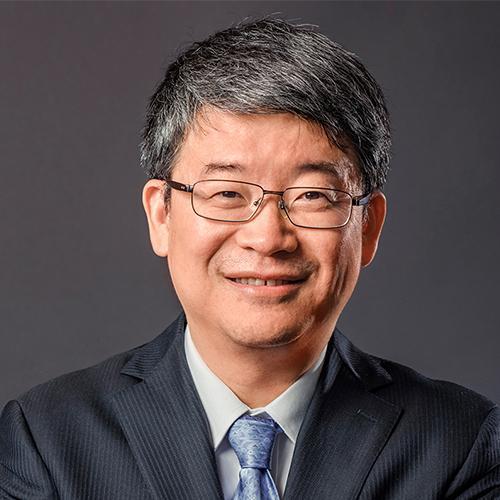 Hong DING
Professor, Institute of Physics, Chinese Academy of Sciences; Chief Scientist, Beijing National Laboratory for Condensed Matter Physics
Dr. Hong Ding is professor of Institute of Physics, Chinese Academy od Sciences, managing director and chief scientist of Beijing National Laboratory for Condensed Matter Physics. Dr. Ding obtained his BS degree in physics from Shanghai Jiao Tong University in 1990 and his PhD degree in physics from University of Illinois at Chicago in 1995. He was a Postdoctoral Fellow in Argonne National Laboratory from 1996 to 1998. He joined the Department of Physics at Boston College as assistant professor in 1998, and became associate professor in 2003 and full professor in 2007. He joined the Institute of Physics, Chinese Academy of Sciences in 2008. Over the past 20 years, he has made important contributions to understanding of high temperature superconductors and topological materials by measuring their electronic structure using angle-resolved photoelectron spectroscopy. He has published more than 200 papers with a total citation number over 11000. Dr. Ding won Sloan Research Fellowship Award in 1999, was elected as American Physical Society Fellow in 2011. |
Professor, Institute of Physics, Chinese Academy of Sciences; Chief Scientist, Beijing National Laboratory for Condensed Matter Physics |
|
Jianhua LIN
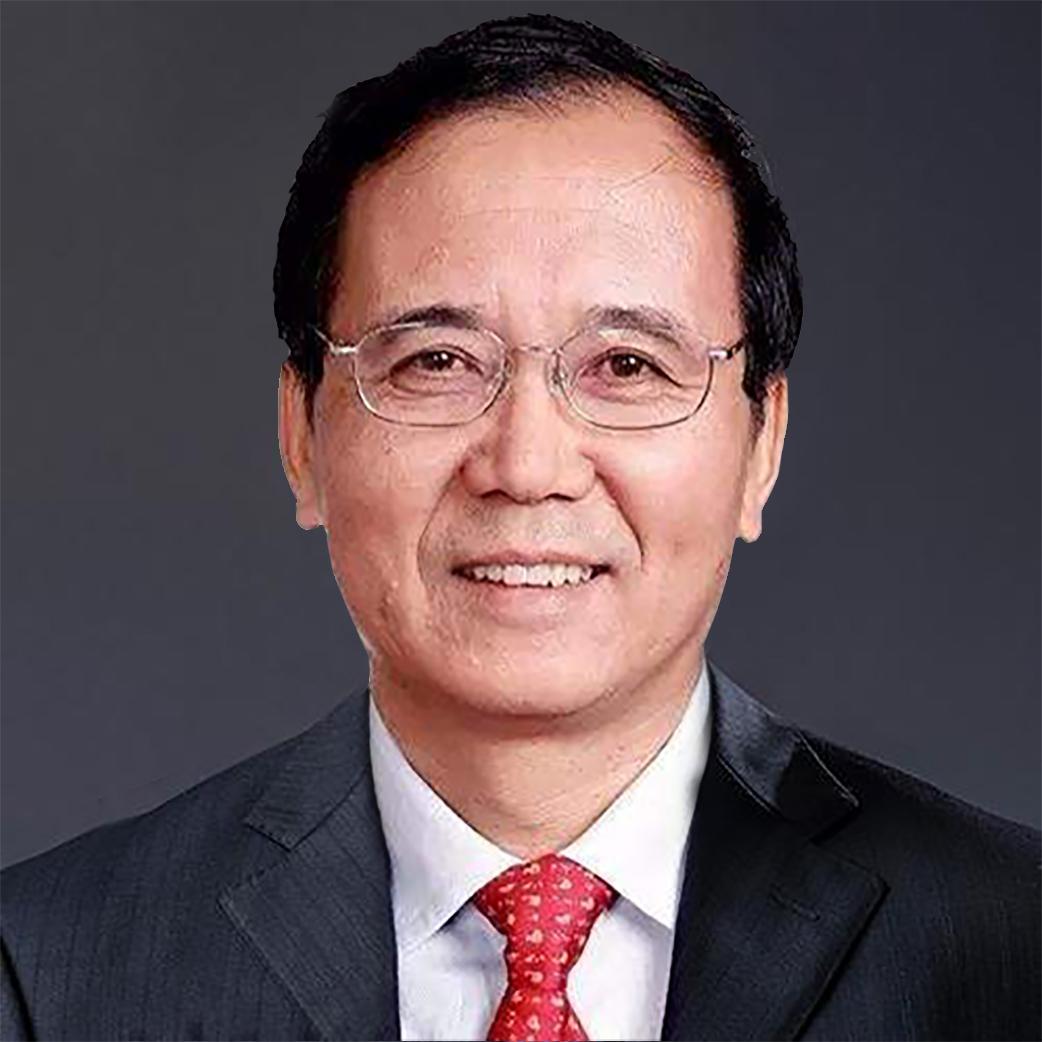 Jianhua LIN
Former President of Peking University; Director of Peking University Research Center for Future Education Management and Professor of Chemistry
LIN Jianhua, former President of Peking University, is Director of Peking University Research Center for Future Education Management and Professor of Chemistry. |
Former President of Peking University; Director of Peking University Research Center for Future Education Management and Professor of Chemistry |
|
Xiangping WU
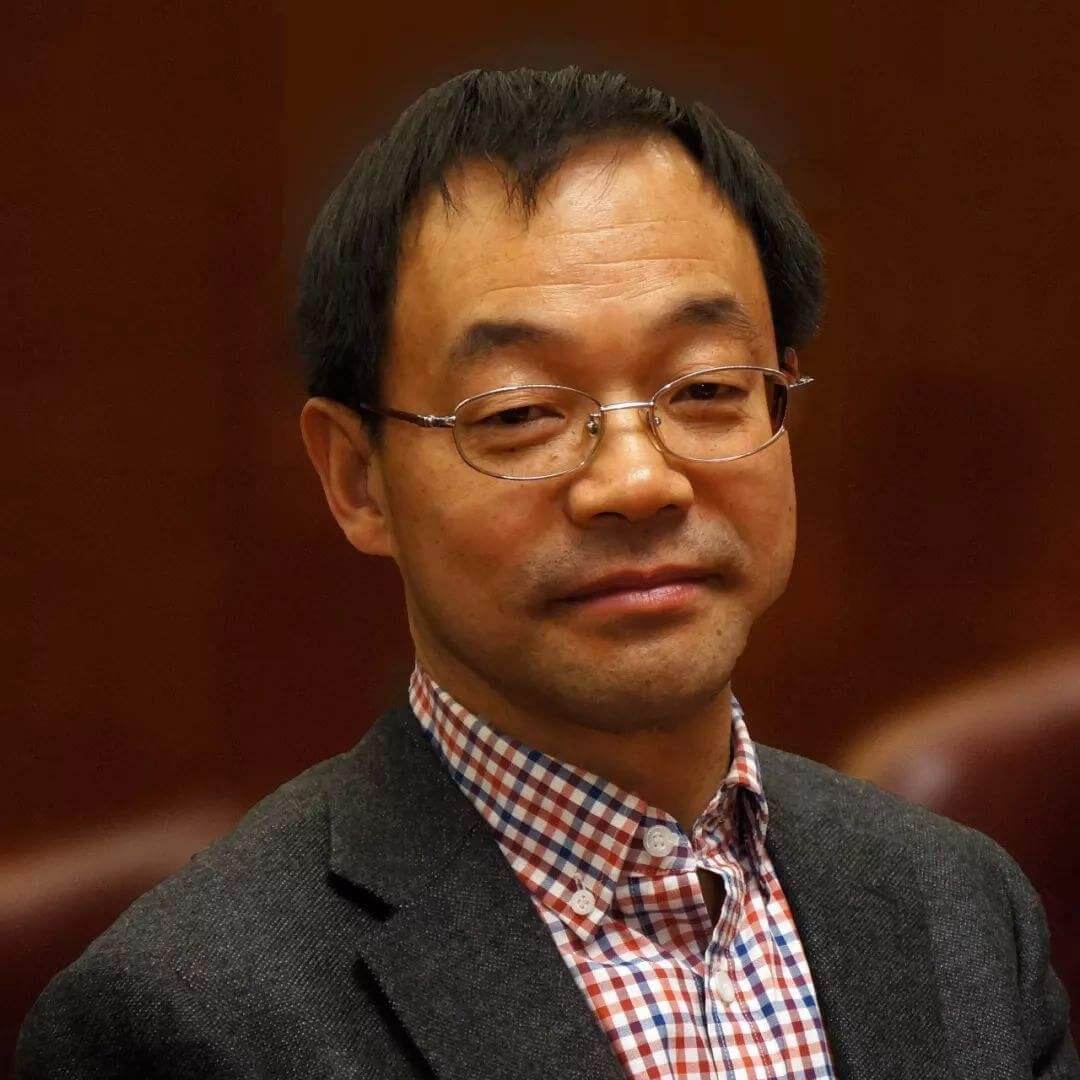 Xiangping WU
Professor,National Astronomical Observatories of China, CAS
WU Xiang-Ping is a professor of astrophysics at National Astronomical observatories, Chinese Academy of Sciences. He has been engaged in doing research on cosmology, including the construction of 21CMA in the Tianshan Mountains of western China, the first low-frequency radio array dedicated to the detection of the epoch of reionization. He is currently leading the Chinese SKA science team towards transforming our understanding of the universe. Prof. Wu was selected as the member of the Chinese Academy of Sciences in 2011, and has also served as the Dean of the School of Astronomy and Space Science in University of Chinses Academy of Sciences since 2017 and the member of Standing Committee, China Association for Science and Technology since 2016. |
Professor,National Astronomical Observatories of China, CAS |
|
Xiaoliang Sunney XIE
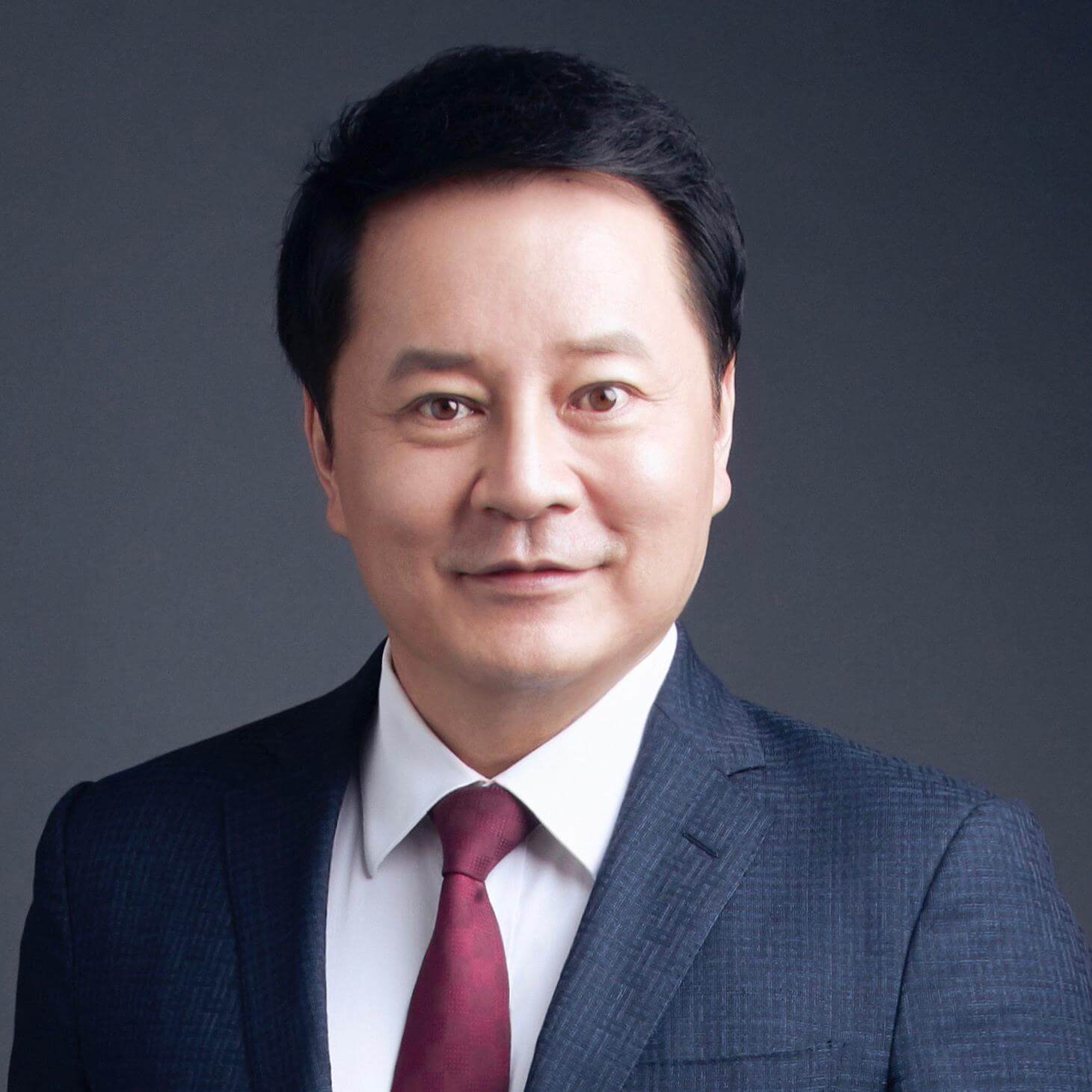 Xiaoliang Sunney XIE
Lee Shau-kee Professor, Peking University; Director, Beijing Advanced Innovation Center for Genomics, Peking University; Director, BIOPIC, Peking University; Member, U.S. National Academy of Sciences; Member, U.S. National Academy of Medicine
Prof. Xiaoliang Sunney Xie received his BSc in chemistry from Peking University in 1984 and PhD in physical chemistry from UC San Diego in 1990. He is a world renowned physical chemist and biophysicist, currently the Mallinckrodt Professor of Chemistry and Chemical Biology at Harvard University, the Director of Biodynamic Optical Imaging Center (BIOPIC),and the Director of Beijing Advanced Innovation Center for Genomics (ICG) at Peking University. Xie has made pioneering contributions to single molecular biophysical chemistry, label-free biomedical imaging, and single cellgenomics. His group’s single cell sequencing technology has been widely used inin vitrofertilization (IVF), and has allowed hundreds of newborns to avoid genetic disorders.He is a member of US National Academy of Science as well as a member of US National Academy of Medicine. He has garnered many international awards in chemistry, optics and biology, including the Albany Prize in Medicine and Biomedical Research in 2015. |
Lee Shau-kee Professor, Peking University; Director, Beijing Advanced Innovation Center for Genomics, Peking University; Director, BIOPIC, Peking University; Member, U.S. National Academy of Sciences; Member, U.S. National Academy of Medicine |
|
Gang TIAN
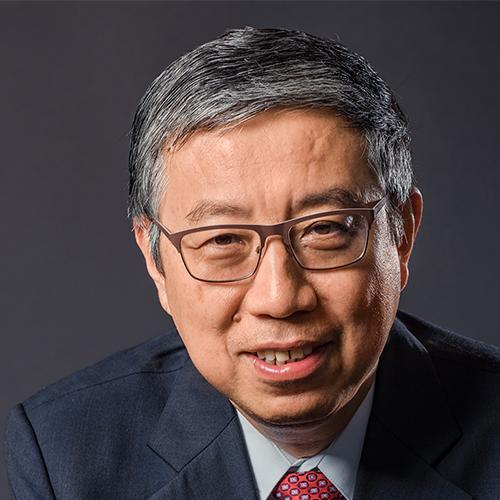 Gang TIAN
Director, Beijing International Center for Mathematical Research; Member, Chinese Academy of Sciences; Member, U.S. Academy of Arts and Sciences
Chairman,2018 Science Committee of the Future Science Prize |
Director, Beijing International Center for Mathematical Research; Member, Chinese Academy of Sciences; Member, U.S. Academy of Arts and Sciences |
|
Xiaoliang Sunney XIE
 Xiaoliang Sunney XIE
Lee Shau-kee Professor, Peking University; Director, Beijing Advanced Innovation Center for Genomics, Peking University; Director, BIOPIC, Peking University; Member, U.S. National Academy of Sciences; Member, U.S. National Academy of Medicine
Prof. Xiaoliang Sunney Xie received his BSc in chemistry from Peking University in 1984 and PhD in physical chemistry from UC San Diego in 1990. He is a world renowned physical chemist and biophysicist, currently the Mallinckrodt Professor of Chemistry and Chemical Biology at Harvard University, the Director of Biodynamic Optical Imaging Center (BIOPIC),and the Director of Beijing Advanced Innovation Center for Genomics (ICG) at Peking University. Xie has made pioneering contributions to single molecular biophysical chemistry, label-free biomedical imaging, and single cellgenomics. His group’s single cell sequencing technology has been widely used inin vitrofertilization (IVF), and has allowed hundreds of newborns to avoid genetic disorders.He is a member of US National Academy of Science as well as a member of US National Academy of Medicine. He has garnered many international awards in chemistry, optics and biology, including the Albany Prize in Medicine and Biomedical Research in 2015. |
Lee Shau-kee Professor, Peking University; Director, Beijing Advanced Innovation Center for Genomics, Peking University; Director, BIOPIC, Peking University; Member, U.S. National Academy of Sciences; Member, U.S. National Academy of Medicine |
|
Gang TIAN
 Gang TIAN
Director, Beijing International Center for Mathematical Research; Member, Chinese Academy of Sciences; Member, U.S. Academy of Arts and Sciences
Chairman,2018 Science Committee of the Future Science Prize |
Director, Beijing International Center for Mathematical Research; Member, Chinese Academy of Sciences; Member, U.S. Academy of Arts and Sciences |
|
Hong DING
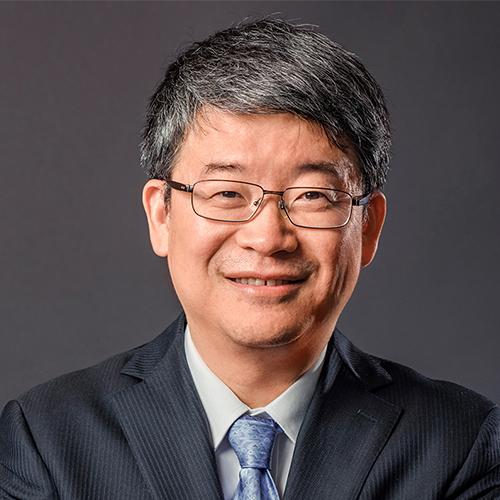 Hong DING
T.D. Lee Chair Professor and Deputy Director of Tsung-Dao Lee Institute, Shanghai Jiao Tong University; Member, Council of the Future Forum
Hong Ding, T.D. Lee Chair Professor and Deputy Director of Tsung-Dao Lee Institute, Shanghai Jiao Tong University. He obtained BS degree in physics from Shanghai Jiao Tong University in 1990 and PhD degree in physics from University of Illinois at Chicago in 1995. He was a Postdoctoral Fellow in Argonne National Laboratory from 1996 to 1998. He was a faculty member of Department of Physics at Boston College during 1998 - 2008. He was a Chief Scientist at the Institute of Physics, Chinese Academy of Sciences (CAS) during 2008 - 2022. He has made several significant scientific achievements, including discovery of pseudogap in cuprate superconductors, observation of s-wave superconducting gap in iron-based superconductors, discovery of Weyl fermions in solids, and discovery of Majorana zero modes in iron-based superconductors. He has published more than 300 papers with total citations over 20000. He received Sloan Research Fellowship Award in 1999, was elected as American Physical Society Fellow in 2011, received Outstanding Science and Technology Achievement Prize (Individual Prize) of CAS in 2020, selected as New Cornerstone Investigator in 2022, and elected as an academician of CAS in 2023. |
T.D. Lee Chair Professor and Deputy Director of Tsung-Dao Lee Institute, Shanghai Jiao Tong University; Member, Council of the Future Forum |
|
Eric CHEN
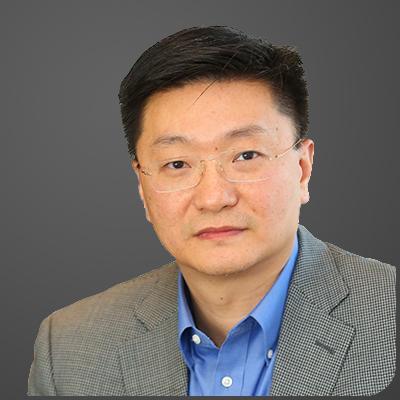 Eric CHEN
Partner, SoftBank Vision Fund
Eric Chen, Ph. D., is a Managing Partner, Softbank Vision Fund, the world’s largest technology investment fund which has backers including Saudi Arabia’s Public Investment Fund, Apple, and Qualcomm. The Fund has sizable investments in companies such as WeWork, Apple and Qualcomm. He is the co-founder of BaseBit Technologies, a venture backed company focused on data science for healthcare, operating in the United States and China. |
Partner, SoftBank Vision Fund |
|
Feng DENG
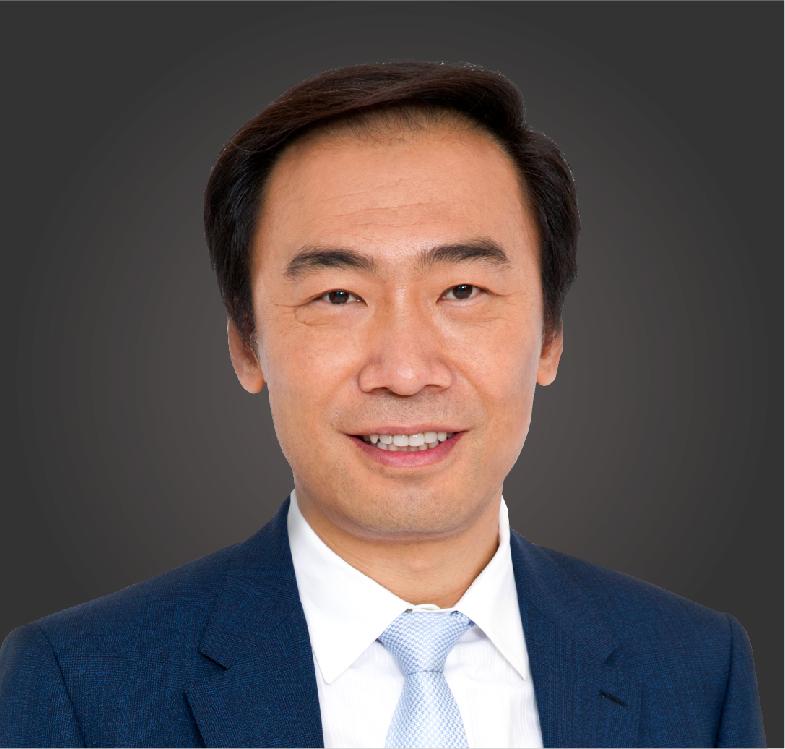 Feng DENG
Founder and Managing Director, Northern Light Venture Capital
Mr. Feng Deng founded Northern Light Venture Capital (NLVC) in 2005. He currently manages over US$ 4.5 billion with 5 US$ funds and 5 RMB funds. He has led and backed nearly 200 companies, focusing on 4 main sectors: TMT (technology, media and telecom), clean technology, healthcare and consumer. The portfolio companies that Feng invested and manages include APUS, ThunderSoft, Macrosan, Meituan, Baihe, LineKong, ChineseAll, GigaDevice, BGI, China Music, LianLian, Burning Rock Biotech, Hillstone Networks, Spreadtrum, CITIC Pharma, Aerohive Networks, etc. |
Founder and Managing Director, Northern Light Venture Capital |
|
James DING
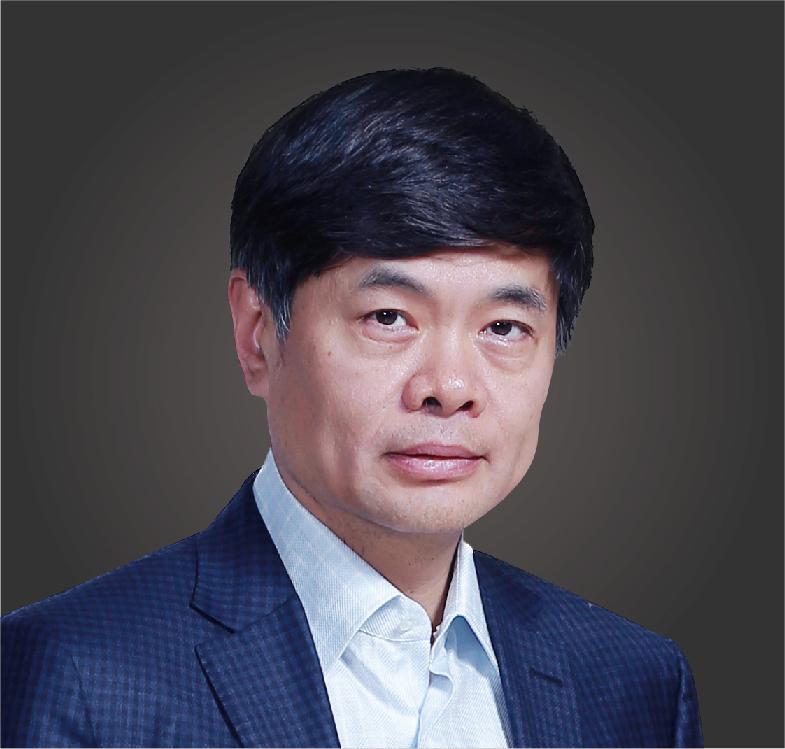 James DING
Managing Director, GSR Ventures
General Partner and Managing Director, GSR Venture, LLP
Mr. James Ding is a Managing Director at GSR Ventures, where he focuses on early-stage companies in the artificial intelligence, big data, IT-related health care, VR/AR and new media sectors. Prior to GSR Ventures, James co-founded AsiaInfo, which played an important role in the design and construction of China's Internet infrastructure. From May 1999 to April 1, 2003, he successfully guided the company to the first IPO on NASDAQ by a Chinese high-tech company. He currently serves as Director of the board of Asiainfo. Prior to that he has held various leadership positions in Asiainfo including Chief Executive Officer, Chief Technology Officer and President. Mr. Ding is also an Independent Board Member of Baidu.com. He is a graduate of Peking University, and earned his MS degree in Information Science from University of California, Los Angeles. |
Managing Director, GSR Ventures |
|
Kai LI
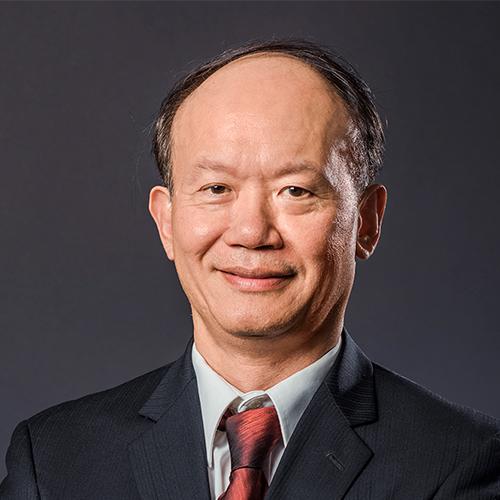 Kai LI
Paul & Marcia Wythes Professor, Princeton University; Member, National Academy of Engineering; Foreign Member, Chinese Academy of Engineering
Kai Li is a Paul M. Wythes '55, P'86 and Marcia R. Wythes P'86 Professor at Princeton University, where he served on the faculty since 1986. He received his Ph.D. from Yale University, M.S. from Chinese Academy of Sciences, and B.S. from Jilin University. His research areas include operating systems, parallel and distributed systems, storage systems, and analysis of big data. He pioneered Distributed Shared Memory (DSM), allowing shared-memory programming on a cluster of computers, which won the ACM SIGOPS Hall of Fame Award in 2012. He proposed user-level DMA mechanism for efficient cluster communication, which went into the RDMA standard of Infiniband. He co-led (with Prof. Fei-Fei Li) the ImageNet project, which propelled deep learning to become the most active research area in machine learning. He co-founded Data Domain, Inc. and led the innovation of deduplication storage system product line to replace tape libraries at data centers. The product line has taken over 60% of the market. The company went public in 2007 and later acquired by EMC. He was elected as an ACM fellow, an IEEE fellow and a member of National Academy of Engineering. |
Paul & Marcia Wythes Professor, Princeton University; Member, National Academy of Engineering; Foreign Member, Chinese Academy of Engineering |
|
Jianhua LIN
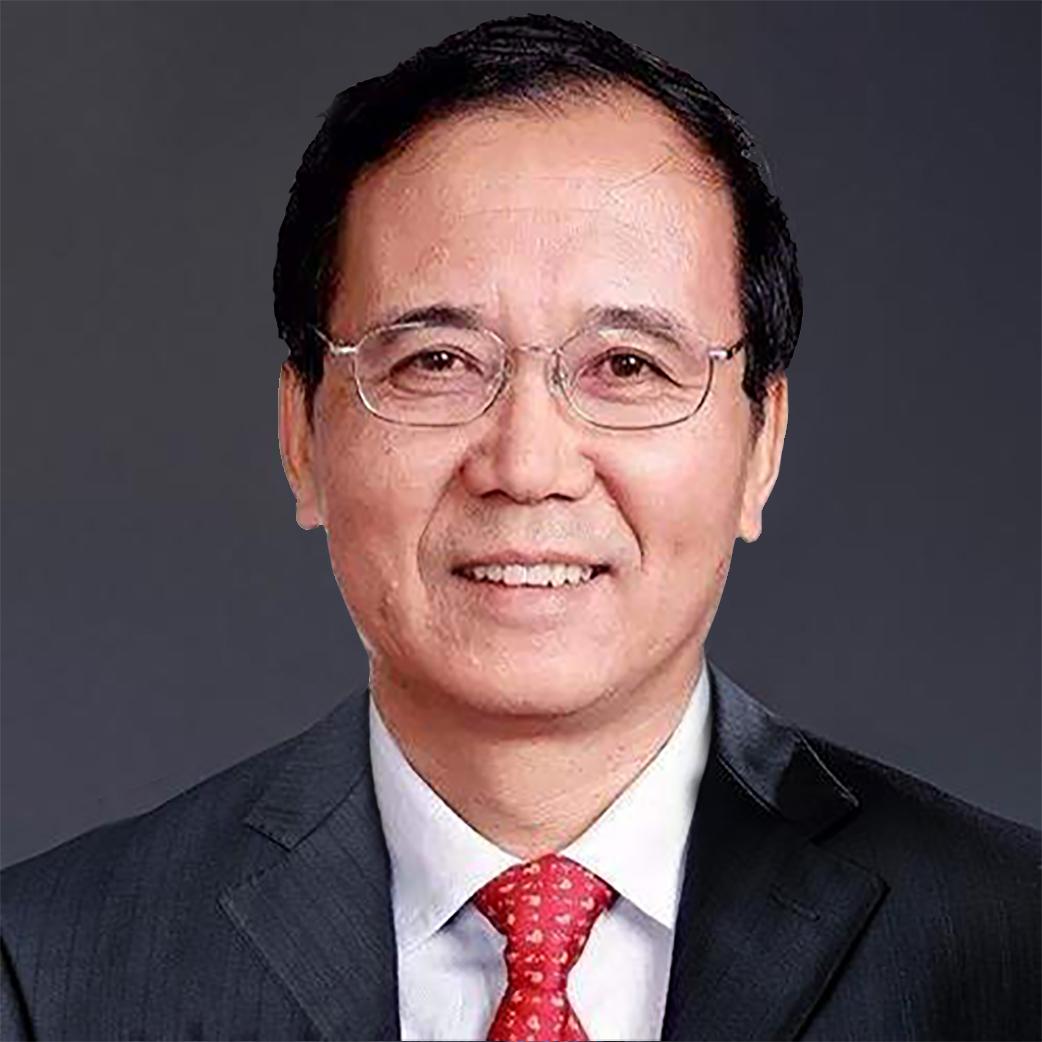 Jianhua LIN
Former President of Peking University; Director of Peking University Research Center for Future Education Management and Professor of Chemistry
LIN Jianhua, former President of Peking University, is Director of Peking University Research Center for Future Education Management and Professor of Chemistry. Professor Lin served as President of Chongqing University from December 2010 to June 2013, President of Zhejiang University from 2013 to 2015, and President of Peking University from February 2015 to October 2018. Other leadership roles have included: Dean of the College of Chemistry, Executive Vice President and Provost at Peking University from 1998 to 2010. Born in October 1955 in Inner Mongolia, China, Professor Lin received his PhD in Chemistry from Peking University in 1986 and joined the University as an academic faculty in the same year. From 1988 to 1993, he conducted his post-doctoral research in the field of inorganic solid chemistry and material chemistry first at Max-Planck Institute of Solid State Research in Germany and then at the Department of Chemistry atIowa State University and Ames National Laboratory in the US. In 1993, Professor Lin returned to teach at Peking University as an Associate Professor and was promoted to full professorship in 1995. Professor Lin’s research interests cover a wide range of areas in solid chemistry, with more focus on new metal borates with novel structure type, and synthesis, structure and properties of transition metal oxides. He has published over 140 journal articles on the related subjects. In addition to teaching and mentoring scores of students, Professor Lin won the 1st Prize for State-level Teaching Excellence in 2009.He was also awarded the 2nd Prize for Science and Technology Excellence by the Ministry of Education in 1995and a recipient ofNational Outstanding Youth Foundation in 1997. |
Former President of Peking University; Director of Peking University Research Center for Future Education Management and Professor of Chemistry |
|
Xiangping WU
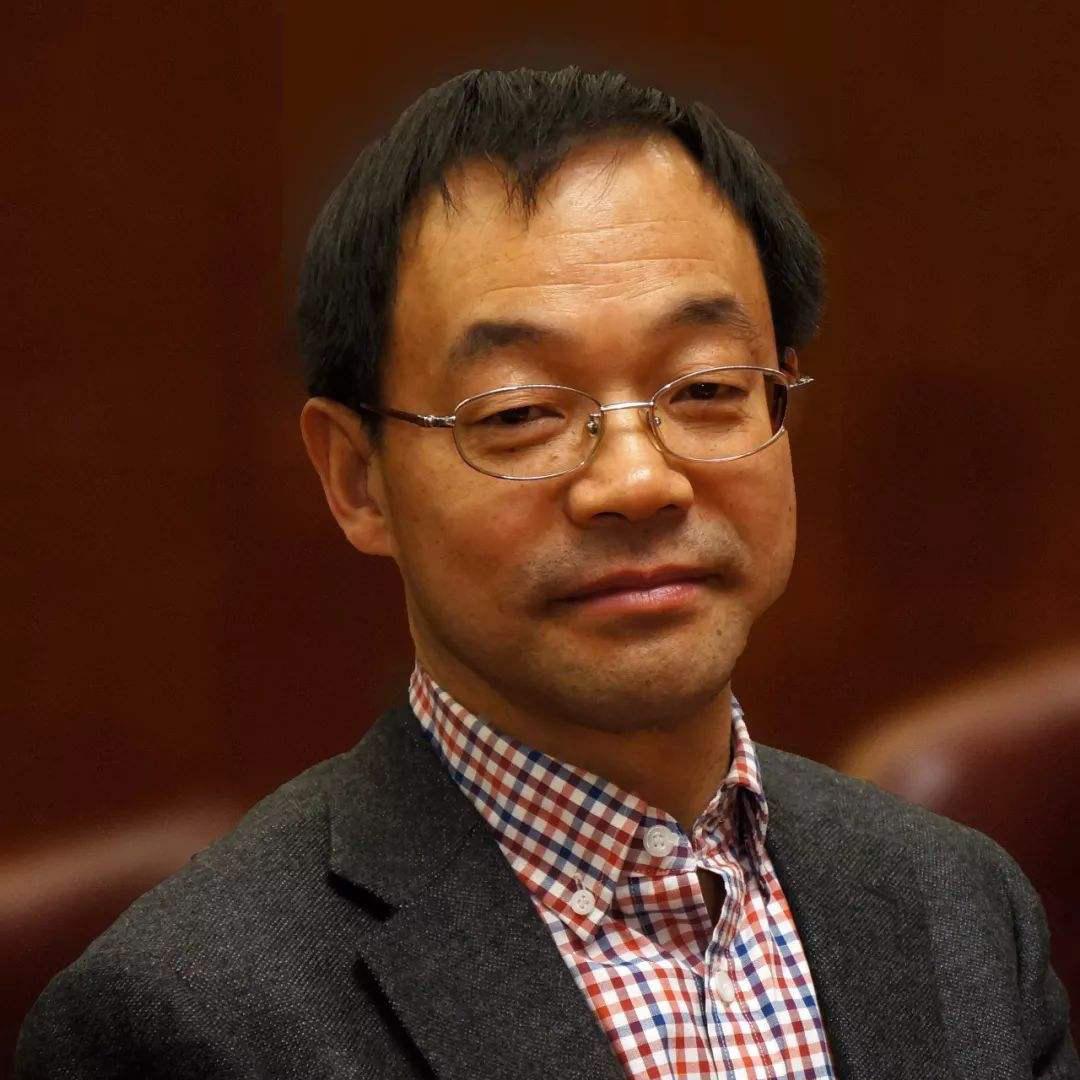 Xiangping WU
Professor, National Astronomical Observatories of China, CAS
WU Xiang-Ping is a professor of astrophysics at National Astronomical observatories, Chinese Academy of Sciences. He has been engaged in doing research on cosmology, including the construction of 21CMA in the Tianshan Mountains of western China, the first low-frequency radio array dedicated to the detection of the epoch of reionization. He is currently leading the Chinese SKA science team towards transforming our understanding of the universe. Prof. Wu was selected as the member of the Chinese Academy of Sciences in 2011, and has also served as the Dean of the School of Astronomy and Space Science in University of Chinses Academy of Sciences since 2017 and the member of Standing Committee, China Association for Science and Technology since 2016. |
Professor, National Astronomical Observatories of China, CAS |
|
Xiaole Shirley LIU
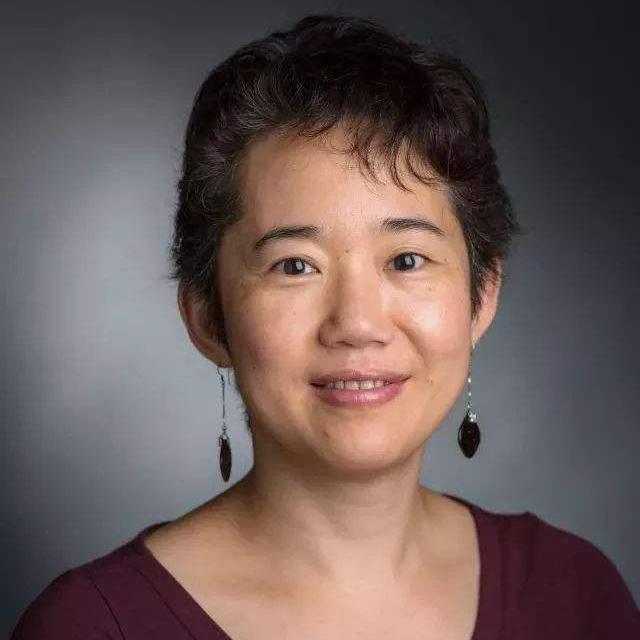 Xiaole Shirley LIU
Professor of Biostatistics and Computational Biology, Harvard University; Director of the Center for Functional Cancer Epigenetics, Dana-Farber Cancer Institute
X Shirley Liu is Professor of Biostatistics and Computational Biology at Harvard University and the Director of the Center of Functional Cancer Epigenetics at Dana-Farber Cancer Institute. Her research focuses on algorithm development and integrative modeling of high throughput genomic data to understand the specificity and function of regulator genes in tumor development, progression, drug response and resistance. She is especially interested in genomics and bioinformatics approaches in cancer epigenetics, cancer immunology, and CRISPR screens for translational cancer research. She is the PI of the Cancer Immune Data Common, a cancer moonshot project from National Cancer Institute with the goal of identifying biomarkers for optimizing cancer immunotherapy strategies. She has an H-index of 85 and has published over 60 papers in Nature, Science, or Cell series journals. She is the recipient of the Sloan Research Fellowship, the Richard E. Weitzman Outstanding Early Career Investigator Award from the Endocrine Society, Breast Cancer Research Foundation Investigator, and a Fellow of the International Society of Computational Biology. Since becoming a faculty in 2003, she has successfully mentored seventeen trainees to start tenure track faculty positions. |
Professor of Biostatistics and Computational Biology, Harvard University; Director of the Center for Functional Cancer Epigenetics, Dana-Farber Cancer Institute |
|
Shou-Wu ZHANG
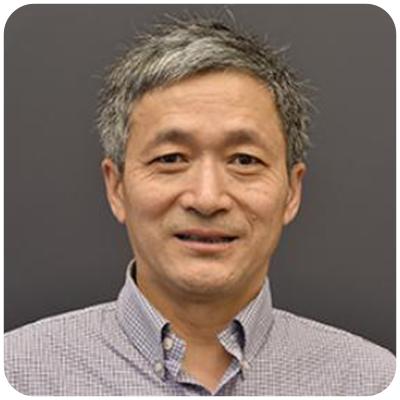 Shou-Wu ZHANG
Professor, Department of Mathematics,Princeton University; Member, U.S. Academy of Arts and Sciences
Education Appointments Editorship Honors |
Professor, Department of Mathematics,Princeton University; Member, U.S. Academy of Arts and Sciences |
|
Xiaodong WANG
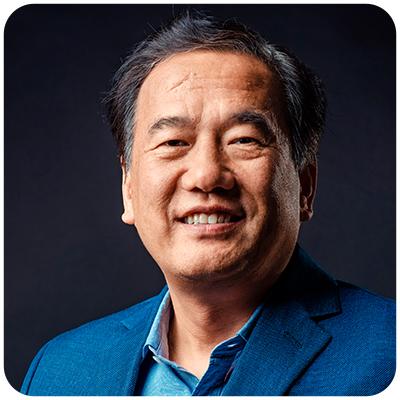 Xiaodong WANG
Director, National Institute of Biological Sciences, Beijing; Member, U.S. National Academy of Sciences; Foreign Member, Chinese Academy of Sciences
Chairman,2017 Science Committee of the Future Science Prize |
Director, National Institute of Biological Sciences, Beijing; Member, U.S. National Academy of Sciences; Foreign Member, Chinese Academy of Sciences |
|
Xiaodong ZHANG
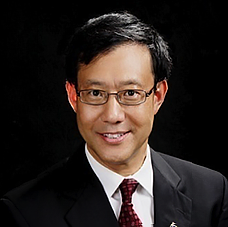 Xiaodong ZHANG
Robert M. Critchfield Professor, Computer Science and Engineering Scholar,Ohio State University
Robert M. Critchfield Professor, the Ohio State University; Fellow, Association for Computing Machinery; Fellow, Institute of Electrical and Electronics Engineers |
Robert M. Critchfield Professor, Computer Science and Engineering Scholar,Ohio State University |
- 12.27
- 12.28
- 12.29
- 12.30





















